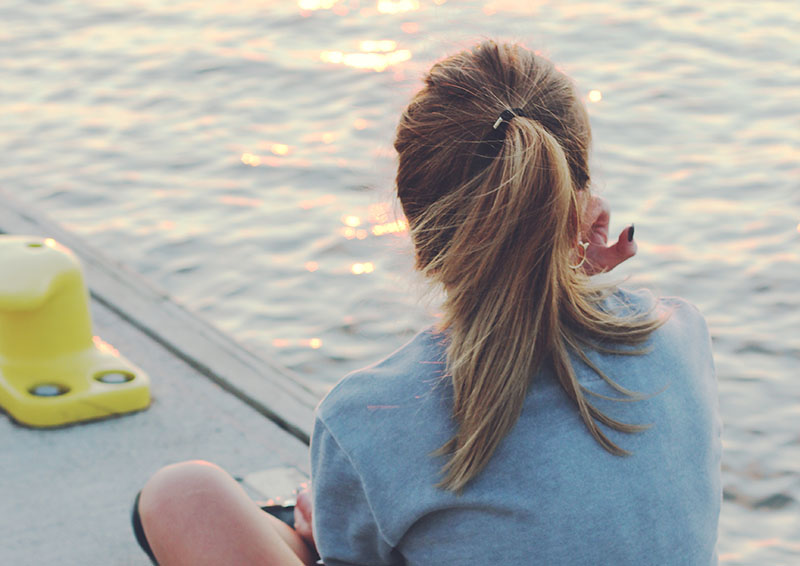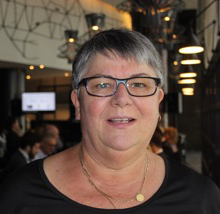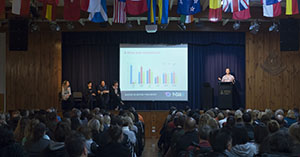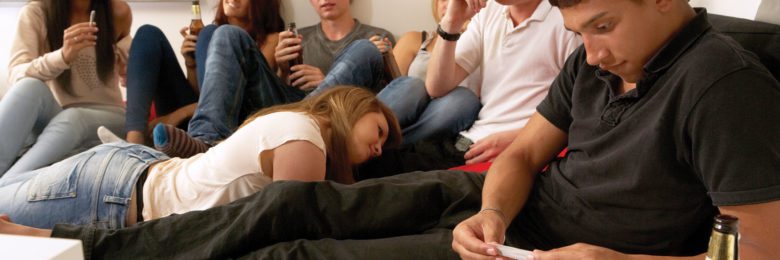
Image is for illustrative purposes.
Sarah*, 42, has two children. Megan* is 16 and Matthew* is 14. They have both gone to parties where alcohol and drugs are present.
My mum often tells me that she’s so glad she doesn’t have to be a parent to teenagers now. She says it’s so much more complicated these days because of Facebook, texting, drugs and drink. There are so many more opportunities for kids to go down the wrong path and I think mum’s right.
Being a parent to teenagers is stressful and it can be so hard to keep up to date with who their friends are, where they’re going after school or at the weekend, who they’re spending time with, whose party they are going to and who else will be at that party. Read more


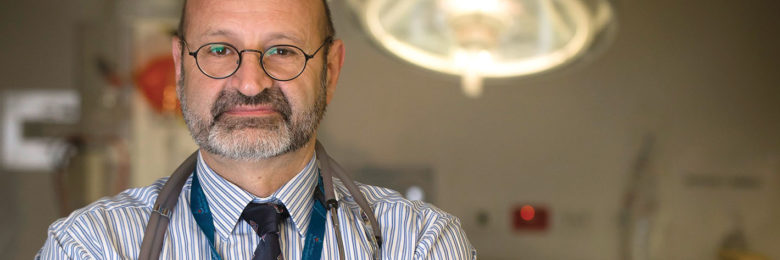
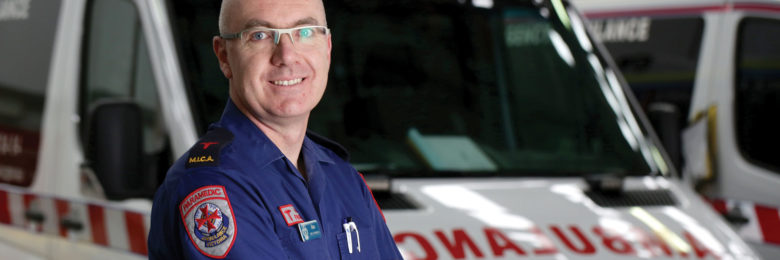
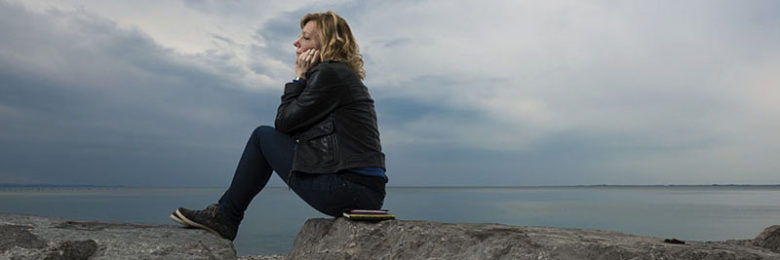
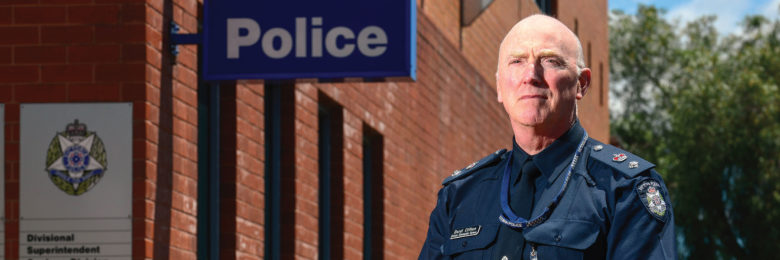

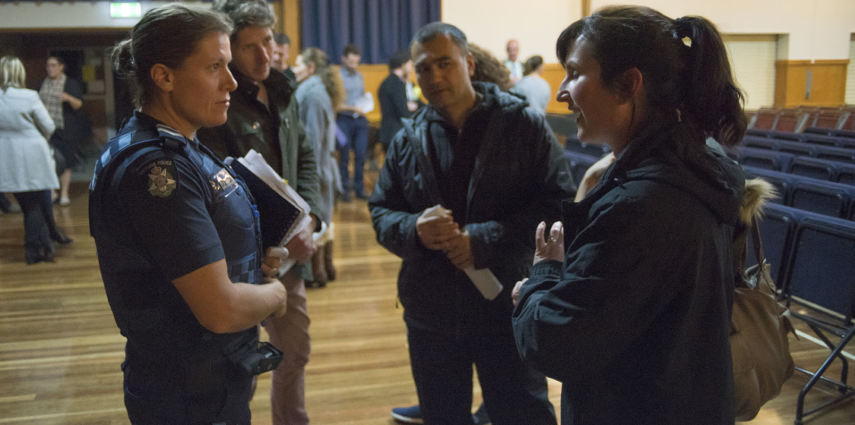
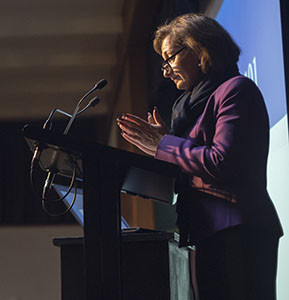
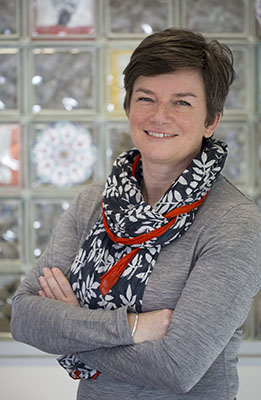
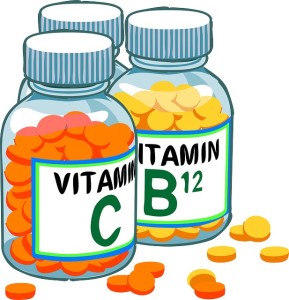 Guest post by Sharon Brooks
Guest post by Sharon Brooks 